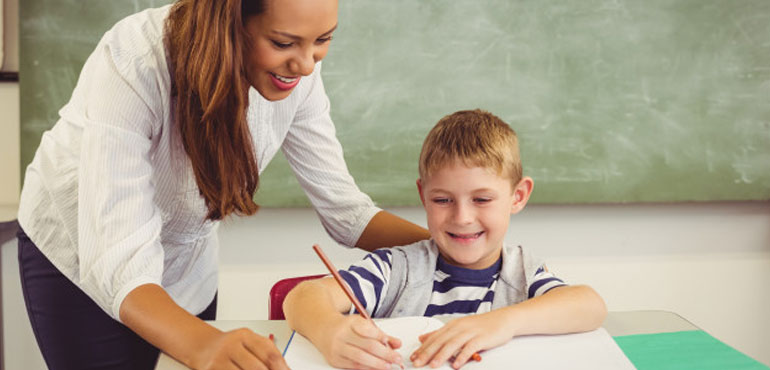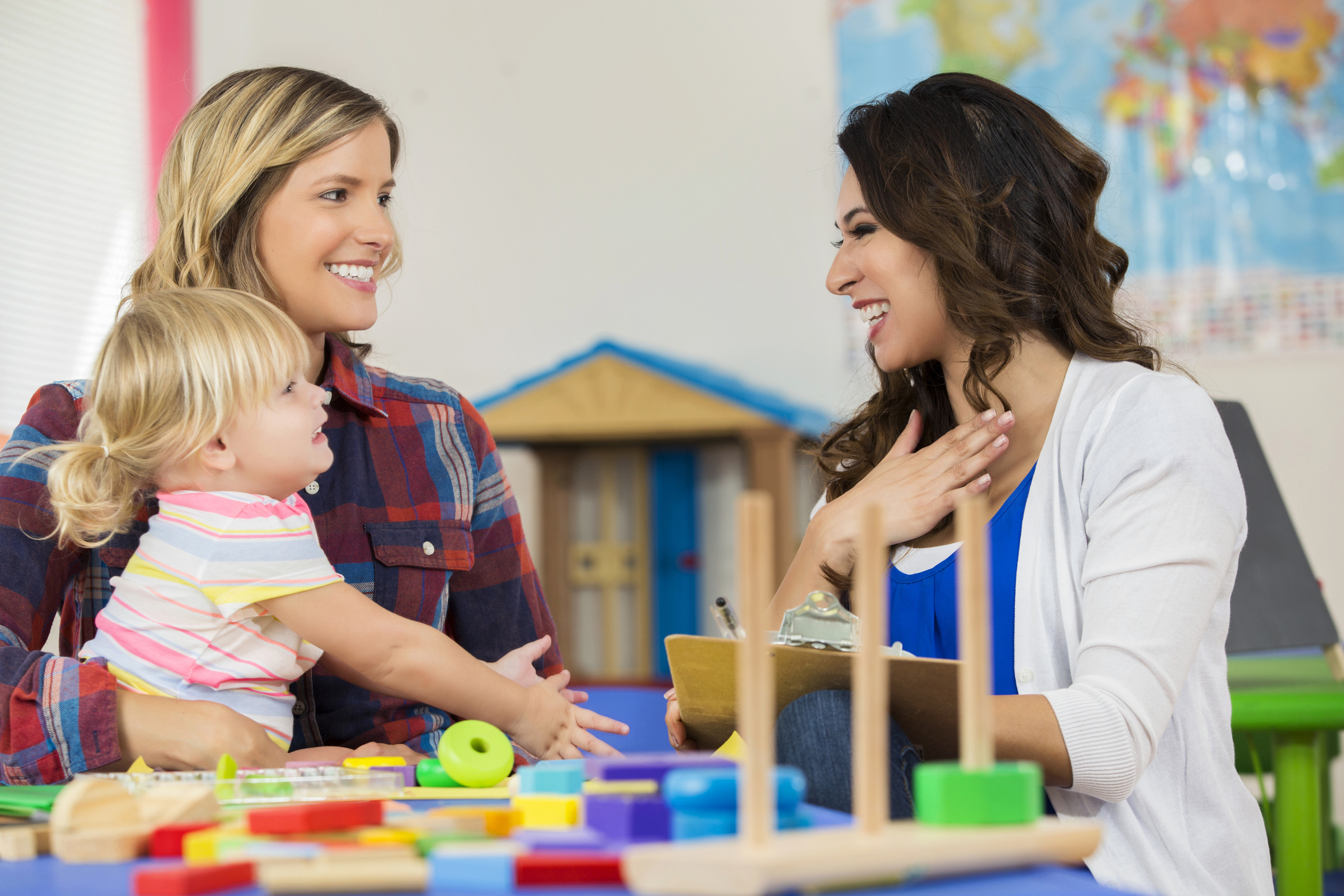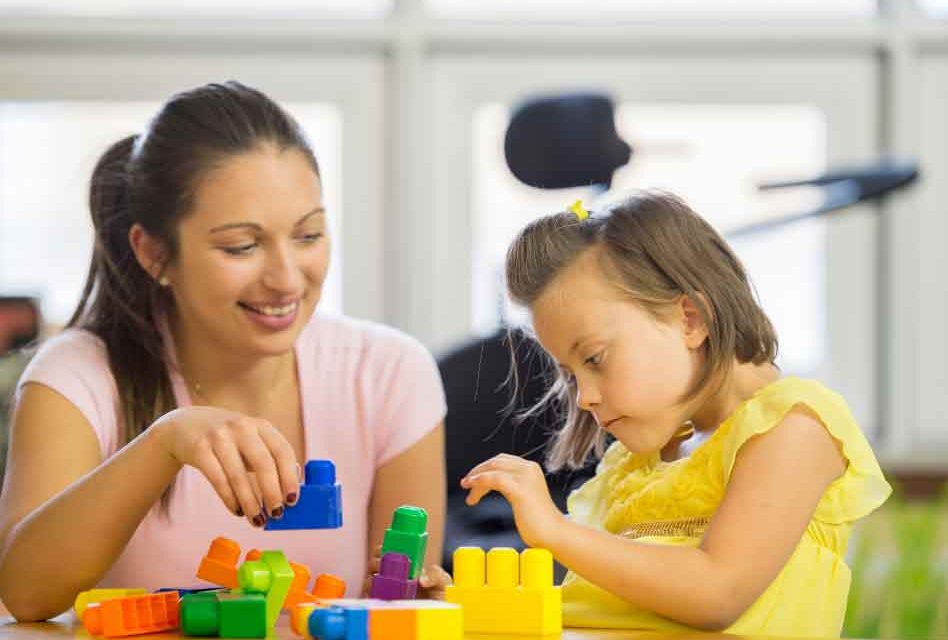Guiding Children With Special Needs: Essential Education Tips
When guiding children with special needs, it’s essential to understand their unique learning requirements and tailor support accordingly. Create diverse learning environments and implement inclusive teaching practices. Focus on encouraging positive behaviors, provide consistent support, and celebrate small victories. Assistive technology tools can enhance learning experiences. Collaborate with support services and cultivate strong parent-teacher partnerships. Individualized education plans and varied teaching strategies are critical. Remember to offer consistent support, foster independence, and create a safe, inclusive environment. Understanding these essential tips will help you empower children with special needs to thrive and succeed.
Key Takeaways
- Develop individualized education plans to meet unique needs and strengths.
- Utilize diverse teaching strategies tailored to each child’s requirements.
- Provide consistent support, encouragement, and positive reinforcement.
- Foster independence and self-advocacy skills in a safe, inclusive environment.
- Collaborate with parents and support services to ensure holistic support for the child.
Understanding Individual Learning Needs

To effectively guide children with special needs, it’s essential to understand their unique learning requirements and tailor support accordingly. Each child has specific learning preferences and sensory needs that must be taken into account to create a conducive learning environment.
Some children may thrive in a quiet space with minimal distractions, while others may benefit from hands-on activities or visual aids to enhance their learning experience.
Furthermore, understanding the diverse communication styles of children with special needs is vital. Some children may struggle with verbal communication and prefer alternative methods such as sign language or visual cues. By recognizing and adapting to their preferred communication styles, you can effectively support their learning journey and foster better interaction.
Additionally, focusing on developing social skills is key when working with children with special needs. Encouraging positive social interactions, teaching appropriate social behaviors, and creating opportunities for socialization can greatly benefit their overall development.
Implementing Inclusive Teaching Practices
You can create diverse learning environments that cater to every child’s unique needs.
By implementing individualized support strategies, you can guarantee that each child receives the specific help they require to thrive in the classroom.
Embracing inclusive teaching practices fosters a supportive and empowering educational experience for all children, including those with special needs.
Diverse Learning Environments
Creating a welcoming and inclusive learning environment for all children, including those with special needs, is essential for their growth and development. Classroom adaptations and sensory accommodations are vital to cater to the diverse needs of each child.
Consider providing fidget toys or noise-canceling headphones for children who may benefit from sensory support. Encourage social skills and communication through structured activities like peer buddy systems or visual schedules to enhance understanding. Utilize communication techniques such as picture boards or sign language to facilitate interaction and comprehension.
By embracing these practices, you create a space where every child feels valued and supported in their learning journey. Remember, small adjustments can make a significant impact on a child’s ability to engage and thrive in the classroom.
Embrace diversity, celebrate individuality, and foster a sense of belonging for all children, regardless of their abilities or challenges.
Individualized Support Strategies
As you navigate the diverse needs of children in your care, tailoring individualized support strategies becomes essential in fostering an inclusive learning environment for all.
When it comes to behavior management, remember that each child may respond differently to various techniques. Take the time to understand the triggers and preferences of each child, allowing you to create personalized approaches that encourage positive behaviors.
Goal setting is another vital aspect of individualized support strategies. Work closely with each child to establish realistic and achievable goals that cater to their unique strengths and challenges.
Fostering Positive Behavior Support

To cultivate a supportive environment for children with special needs, it’s essential to focus on encouraging positive behaviors. Behavior management plays an important role in guiding children towards success. Positive reinforcement is a powerful tool that can help shape behavior in a constructive manner. By acknowledging and rewarding desired behaviors, you can motivate children to continue engaging in positive actions.
When fostering positive behavior support, it’s important to be consistent and patient. Children with special needs may require more time to understand and internalize behavioral expectations. By providing clear and simple instructions, you can help them navigate social interactions and daily tasks more effectively.
Remember to celebrate even small victories along the way. Acknowledging progress, no matter how minor, can boost a child’s confidence and motivation. Encouraging a positive mindset and emphasizing strengths can create a nurturing environment where children feel supported and empowered.
Utilizing Assistive Technology Tools
When supporting children with special needs, incorporating assistive technology tools can greatly enhance their learning and daily activities. Technology integration plays an essential role in providing specialized devices tailored to the individual needs of each child.
These devices can range from simple tools like text-to-speech software for those with reading difficulties to more complex communication devices for non-verbal children. By utilizing these assistive tools, you can create accessible resources that cater to the unique learning styles and abilities of each child.
Moreover, personalized learning becomes achievable through the use of assistive technology tools. These tools can adapt to the child’s pace, preferences, and strengths, allowing for a more customized educational experience.
Whether it’s through interactive learning apps, adaptive keyboards, or sensory devices, the possibilities for enhancing the educational journey of children with special needs are vast. By embracing these technological advancements, you can empower children to overcome challenges and reach their full potential in a way that’s tailored to their specific needs.
Collaborating With Support Services

When working with children who have special needs, it’s important to build strong partnerships with support services. These collaborations will help create individualized support plans tailored to each child’s unique requirements, ensuring they receive the best care possible.
Support Service Partnerships
By partnering with support services, you can provide tailored assistance to meet the unique needs of children with special needs. Community resources play a crucial role in offering a wide range of services, from counseling to recreational activities, that can enhance the well-being of children with special needs. These resources often provide valuable support not only to the child but also to their families, creating a network of assistance and understanding.
Therapeutic interventions offered through support services can be instrumental in addressing specific challenges that children with special needs may face. These interventions, such as speech therapy, occupational therapy, or behavioral therapy, are designed to target individual needs and promote growth and development in a structured and supportive environment.
Individualized Support Plans
Partnering with support services to develop individualized support plans can greatly enhance the quality of care and assistance provided to children with special needs. These plans are tailored to meet the unique requirements of each child, ensuring that they receive personalized accommodations that cater to their specific challenges and strengths. By collaborating with support services, you can access a range of resources that enable effective progress monitoring, allowing for adjustments to be made promptly as needed.
Adapting curriculum to suit the individual learning style of each child is a key component of these support plans. This personalized approach helps in creating a conducive learning environment where children can thrive and reach their full potential. Additionally, effective behavior management strategies are incorporated into these plans to address any behavioral challenges that may arise, fostering a positive and supportive atmosphere for the child.
Cultivating Parent-Teacher Partnerships

To foster a supportive and collaborative environment for children with special needs, it’s essential to establish strong partnerships between parents and teachers. Parent involvement and teacher communication are key aspects of creating a successful educational journey for these children.
Building trust between parents and teachers forms the foundation of a productive partnership. When both parties openly communicate and share their goals, it sets the stage for a more effective support system.
Parents play an important role in understanding their child’s unique needs, strengths, and challenges. By actively participating in meetings, discussions, and educational planning, parents can provide valuable insights that can aid teachers in tailoring their approach to better suit the child’s requirements.
Similarly, teachers should actively listen to parents’ concerns, suggestions, and feedback to promote a collaborative effort in supporting the child.
Frequently Asked Questions
How Can I Create a Sensory-Friendly Environment in the Classroom?
To create a sensory-friendly classroom, consider incorporating sensory activities and tools. Adjust the layout to accommodate different needs. Implement a sensory diet and provide various sensory tools for comfort and engagement. Your thoughtful approach will benefit all students.
What Are Some Strategies for Addressing Communication Barriers?
When addressing communication barriers with children who have special needs, you can utilize assistive technology, social stories, visual schedules, and sign language. These tools can help create a supportive and inclusive learning environment for them.
Are There Specific Ways to Support Children With Rare Disorders?
When supporting children with rare disorders, it’s essential to provide individualized interventions tailored to their specific needs. A holistic approach, unique accommodations, and access to specialized resources can greatly enhance their learning and development.
How Do I Handle Challenging Behaviors During Field Trips?
When managing challenging behaviors during field trips, consider sensory accommodations and classroom modifications. Implement strategies to support the child’s needs and guarantee a positive experience. Stay patient, communicate effectively, and provide necessary assistance to promote successful outings.
Can I Request Additional Training on Specific Disabilities?
You can absolutely request individualized training on specific disabilities. Focused workshops are a great way to deepen your understanding and enhance your ability to support children with special needs effectively. Your willingness to learn is commendable!
Conclusion
Remember, every child is unique and may require different forms of support. By understanding their individual learning needs, implementing inclusive teaching practices, fostering positive behavior support, utilizing assistive technology tools, collaborating with support services, and cultivating parent-teacher partnerships, you’re providing the best possible education for children with special needs.
Your dedication and compassion make a meaningful impact on their growth and development. Keep up the great work!

Hey there! 👋 I’m a proud mom and passionate writer, sharing my parenting journey. 📝 Join me as I navigate the ups and downs of motherhood, offering tips, advice, and a sprinkle of humor along the way. 🌟







